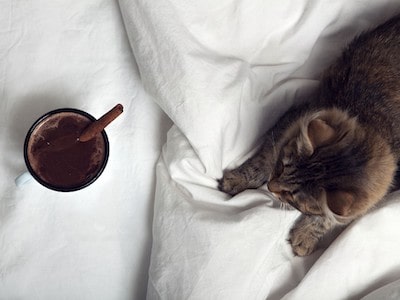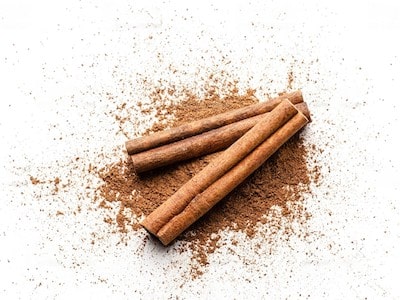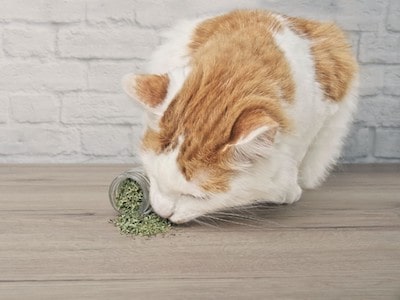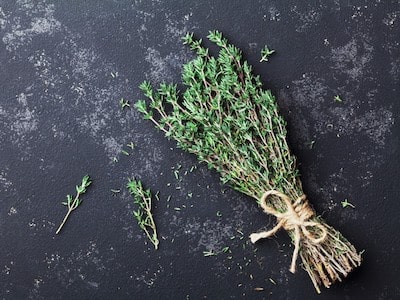As a cat owner, it’s natural to be concerned about what your feline friend is eating. We all know that cats are finicky eaters and can be very particular about what they put in their mouths. But what about foods that we assume are safe for humans, like cinnamon? Is cinnamon bad for cats?

Cinnamon is a popular spice used in many human foods and beverages, but it’s important to understand its potential effects on cats. While cinnamon may have some health benefits for cats, it can also be harmful in certain amounts. As a responsible pet owner, it’s crucial to be aware of what foods are safe for cats, and cinnamon is no exception.
In this article, we will delve into the question of whether cinnamon is bad for cats, discussing the potential risks and benefits of cinnamon for felines. We will also provide information on what to do if your cat ingests cinnamon, as well as safe alternatives to cinnamon for your cat.
By the end of this article, you’ll have a better understanding of the potential dangers of cinnamon for your feline friend and how to keep them safe and healthy.
Contents
Is Cinnamon Bad for Cats?
The answer to whether cinnamon is bad for cats is not a simple yes or no. While cinnamon can have some health benefits for cats, it can also be harmful in certain amounts.
Cinnamon’s essential oil, cinnamaldehyde, is a major worry for cats. Cinnamaldehyde can lead to mouth, digestive system and central nervous system irritation and damage if consumed in large amounts.

Moreover, some felines may suffer from an allergic reaction to cinnamon that can result in vomiting or diarrhea as well as skin irritation.
Although cinnamon has some potential health benefits, such as anti-inflammatory properties and improved digestion, it is not an essential component of a cat’s diet. Other safe and natural herbs and spices can provide the same benefits.
Keep an eye on your cat for signs of toxicity like vomiting, diarrhea, or breathing problems if they consume cinnamon. In case you detect any such symptoms, it’s essential to take them to the vet immediately.
What Happens If a Cat Ingests Cinnamon?
Cinnamon ingestion can lead to a variety of symptoms in cats and may pose a risk to their health. The primary worry with cats consuming cinnamon is cinnamaldehyde, an essential oil that can cause mouth, digestive system, and central nervous system irritation or damage.
Cats may experience vomiting, diarrhea, abdominal pain, loss of appetite, difficulty breathing, coughing and seizures as symptoms of cinnamon toxicity. Liver failure and death can occur in extreme cases where cinnamon is ingested.

To ensure your cat’s safety after consuming cinnamon, keep a close eye on them for signs of toxicity. Should you notice any symptoms listed above or have concerns about their well-being, it is crucial to seek veterinary assistance promptly.
Supportive care, like IV fluids and symptom management medications, may be part of the treatment plan for cinnamon toxicity in cats. Hospitalization might be required in critical situations. It is crucial to seek veterinary assistance without delay to secure the most favorable result for your feline friend.
Potential Risks and Benefits of Cinnamon for Felines
Like with most things, there are both risks and potential benefits of cinnamon for cats. While cinnamon is not a necessary part of a cat’s diet, it can have some health benefits in moderation.

Benefits:
- Anti-inflammatory properties: The anti-inflammatory properties found in cinnamon can alleviate pain related to conditions like arthritis by decreasing inflammation within the body.
- Improved digestion: The consumption of cinnamon can enhance digestion by boosting digestive enzymes and facilitating the assimilation of nutrients.
- Blood sugar regulation: The regulation of blood sugar levels in cats can be beneficial for those with diabetes or insulin resistance, and cinnamon may aid in this process.
Risks:
- Irritation and damage to the mouth and digestive system: In high doses, cinnamaldehyde found in cinnamon can lead to mouth, digestive system, and central nervous system irritation and damage.
- Allergic reactions: Cinnamon can cause an allergic reaction in some cats, resulting in symptoms like vomiting, diarrhea, and skin irritation.
- Unnecessary calories: Consuming too much cinnamon can potentially lead to weight gain and unnecessary calories, as it is not a necessary part of a cat’s diet.
Safe Alternatives to Cinnamon for Cats
If you’re looking for safe alternatives to cinnamon for your cat, there are several options to consider. Here are a few:
- Catnip: Many cats love catnip, which is a safe and natural herb. It can be utilized as a reward, to aid in training or to stimulate playfulness.

- Parsley: Adding parsley to your cat’s food can naturally freshen their breath and assist with digestion.
- Sage: Adding sage to your cat’s food can aid digestion and offer anti-inflammatory advantages, as it is a natural herb.
- Thyme: By adding thyme to your cat’s food, you can provide anti-inflammatory benefits and improve digestion naturally.

- Dill: Adding dill to your cat’s food is a natural way to aid digestion and alleviate gas and bloating.
- Ginger: Adding ginger to your cat’s food can provide anti-inflammatory benefits and aid digestion since it is a natural herb.
FAQs
Is cinnamon safe for cats?
Cinnamon can be potentially harmful to cats if consumed in large amounts, as it contains cinnamaldehyde which can irritate and damage the mouth, digestive system, and central nervous system. It’s best to consult with your veterinarian before introducing cinnamon to your cat’s diet.
Can cats have cinnamon-flavored foods?
It’s best to avoid giving your cat any foods that are flavored with cinnamon, as they may contain high levels of cinnamaldehyde that can be harmful to your cat’s health.
Can cinnamon be used as a natural flea repellent for cats?
While cinnamon has some anti-inflammatory and anti-microbial properties, there is no evidence to suggest that it is an effective flea repellent for cats. It’s best to use veterinarian-approved flea prevention methods.
Can cinnamon be toxic to kittens?
Yes, cinnamon can be toxic to kittens, as they may be more sensitive to the cinnamaldehyde in cinnamon. It’s important to consult with your veterinarian before introducing any new foods or supplements to a kitten’s diet.
Well, It’s a Wrap
To sum up, although cinnamon may offer some health advantages for felines, excessive consumption can be detrimental. Cinnamaldehyde present in cinnamon can cause mouth, digestive system and central nervous system irritation and damage to cats.
Therefore it is essential to use cinnamon sparingly with the guidance of a veterinarian. If you want safe substitutes for your cat instead of using cinnamon, there are several herbs that provide similar benefits without toxic risks.
Always consult with your vet before incorporating new food or supplements into your cat’s diet as a precautionary measure towards ensuring their overall health and wellness remains intact.
Charlene Pare is the founder of Cat Likes Best. She manages and strategizes the content published on this website. When she isn’t working, she enjoys exploring the city around with her Ameican Shorthair kitty–Moli. Being a technocrat and an avid cat lover, she also writes on pet tech products and some of the featured articles.





